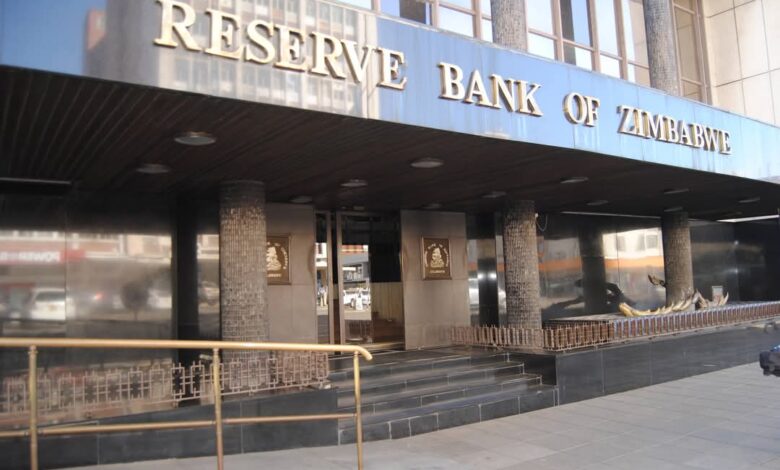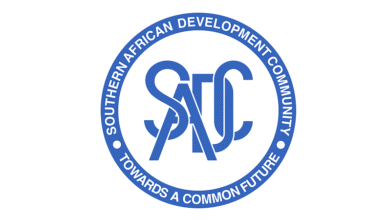Concerns Rise Over Zimbabwe’s 2025 National Budget and US$2 Billion Debt to Mutapa Fund

The release of Zimbabwe’s 2025 National Budget has sparked significant criticism, highlighting a troubling mix of excessive government spending, debt accumulation, and perceived fiscal mismanagement. At the center of the controversy are a staggering US$2 billion debt to the Mutapa Investment Fund and reports of 117% overspending by the Office of the President in 2024.
The Zim for All Foundation, a non-partisan group advocating for Zimbabweans’ rights, has been vocal in its concerns. The foundation argues that critical sectors like healthcare and higher education received significantly less than their allocated budgets, raising questions about the government’s commitment to essential services.
The Mutapa Investment Fund Under Scrutiny
The Mutapa Investment Fund, a state-owned sovereign wealth fund, has faced increasing calls for transparency. With a portfolio valued at approximately US$16 billion, the fund focuses on strategic investments in sectors like mining, energy, and agriculture. However, the reported US$2 billion debt linked to the fund has raised alarm bells.
The Zim for All Foundation has demanded full disclosure of the fund’s governance structure and operations to ensure accountability. In its statement, the foundation emphasized the need for the fund to benefit all Zimbabweans rather than perpetuate economic inequalities.
Budgetary Disparities and Overspending
The 2024 overspending by the Office of the President—reaching 117% above the allocated budget—has drawn widespread condemnation, particularly in light of underfunding in healthcare and higher education. Critics argue this reflects misplaced priorities and a lack of focus on improving citizens’ quality of life.
A Punitive Taxation System
Finance Minister Mthuli Ncube’s budget presentation introduced several new taxes aimed at boosting revenue, including:
- A 10% withholding tax on sports betting winnings.
- Duty on imported public service buses.
- Increased excise duties on alcoholic beverages.
- A Fast Foods Tax targeting specific food items.
The foundation criticized these measures as disproportionately burdening the poor and informal sector, calling instead for equitable taxation and better management of mining revenues to broaden the tax base.
Relief Measures Amid Criticism
To offset the tax burden, Ncube proposed relief measures such as increasing the tax-free income threshold, reducing Capital Gains Tax on securities, and exempting Liquefied Petroleum Gas from VAT. He also announced customs duty reductions on electric vehicles and VAT deferment for the energy sector.
Calls for Fiscal Transparency
The Zim for All Foundation has reiterated its call for greater fiscal transparency and prioritization of essential services in future budgets. The group argues that a sustainable path forward lies in addressing corruption, reducing wasteful spending, and ensuring that public funds are used to improve the lives of all Zimbabweans.
As debate around the 2025 budget intensifies, the government faces mounting pressure to address these concerns and demonstrate a commitment to fiscal accountability and social equity. The handling of the Mutapa Investment Fund and the overall management of public resources will be key indicators of the country’s economic direction in the coming year.




